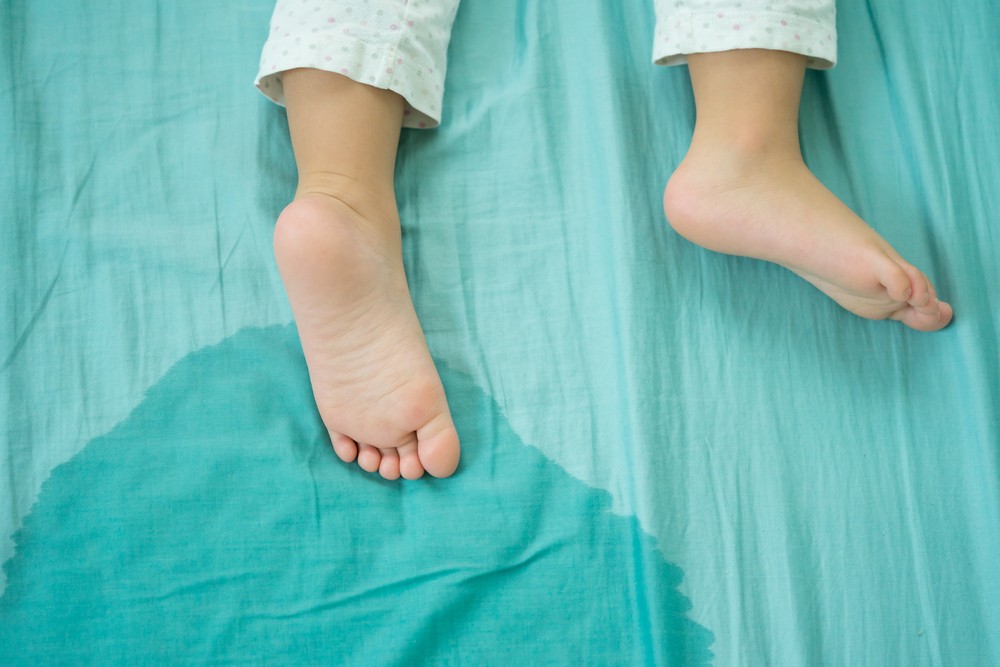Ways to end bed-wetting for school-age children
Change Size
 In terms of psychology, bed-wetting can be triggered by the child’s disordered mental well-being that could have been caused by issues in school, parental divorce or even the birth of a younger sibling.
(Shutterstock/File)
In terms of psychology, bed-wetting can be triggered by the child’s disordered mental well-being that could have been caused by issues in school, parental divorce or even the birth of a younger sibling.
(Shutterstock/File)
C
hild bed-wetting is normal at stages of early development, yet when it still happens when the child reaches school age or 7 years of age, medical and psychological factors might be contributing to the issue.
Only one out of eight school-aged children experience bed-wetting or nocturnal enuresis, kompas.com reported. Studies still show that 1 out of 20 children age 10 still wet the bed, and approximately 1-2 percent of children up to the age of 15 still struggle with bed-wetting.
(Read also: Top tips for flying with children)
Causes
Nerve, genetic and psychological factors play a part in bed-wetting. Writer of Waking Up Dry Howard Bennett explains that the child’s brain does not send nerve signals to the bladder system while sleeping.
Genetically-speaking, bed-wetting could have been passed down if three out of four of the child’s siblings, parents, aunts, uncles or cousins have experienced it too.
In terms of psychology, bed-wetting can be triggered by the child’s disordered mental well-being that could have been caused by issues in school, parental divorce or even the birth of a younger sibling.
Although quite rare, bed-wetting can also be caused by a bladder infection that disorders the function of the bladder, making it hard for children to urinate and defecate as well.
(Read also: Why passive smoking is harmful for your children)
Talking to your child
Parents should note that a child’s bed-wetting habit should not be brought up in a way that undermines the child's confidence; parents are supposed to understand the issue not punish or humiliate the child.
Parents can gently discuss this with their child and tell their child that other children experience this too. “Parents can explain that when asleep, the brain cannot control the bladder. Hence, bed-wetting is not intentional. The older the child gets, the less likely he or she is to continue wetting the bed,” psychologist Lawrence Balter points out.
(Read also: Hefty children do not equal healthy children)
Prevention
To lessen the frequency of bed-wetting, a child’s consumption of food containing a lot of salt, sugar and caffeine should be limited. Prior to sleep, the child should also be encouraged to urinate first. (mra/kes)









